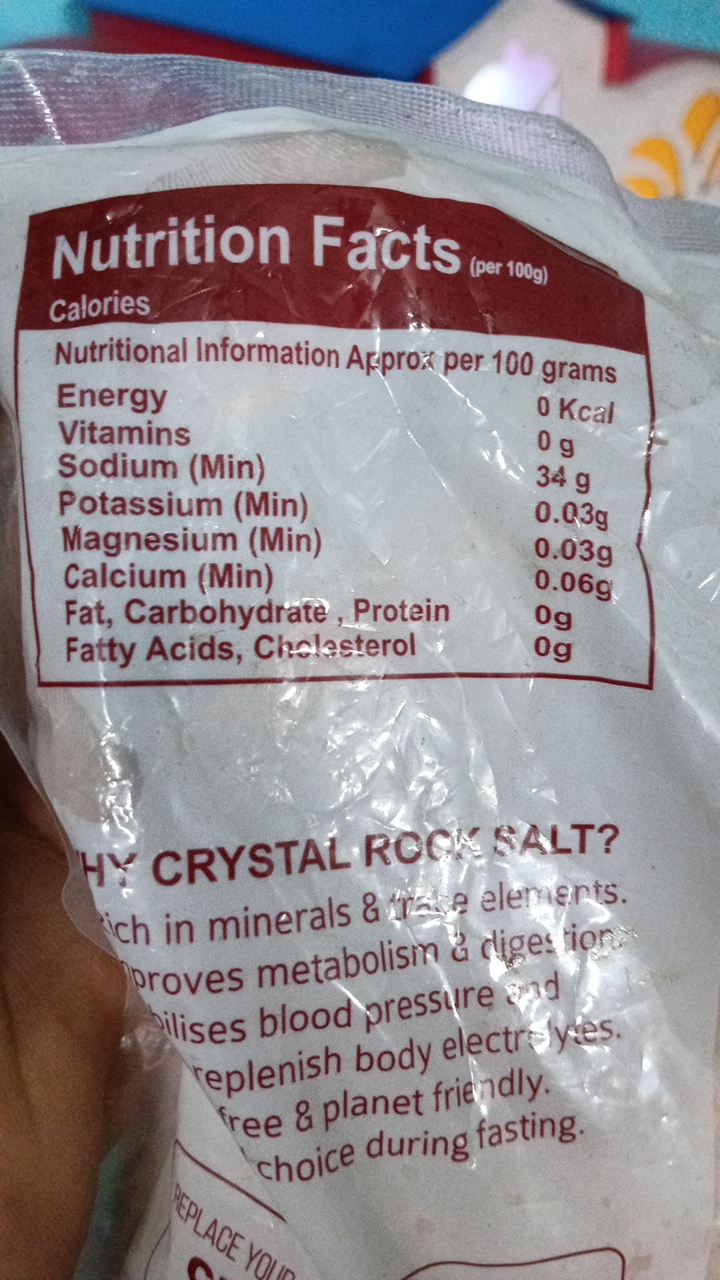
Barcode: 8906133880583
nutrition facts
HALAL
📝 Reason: The product contains basic nutrients and minerals. However, ‘fat’, ‘protein’, ‘fatty acids’, and ‘cholesterol’ can be animal-derived. Islamic dietary law (Quran 5:3) requires animal ingredients to come from Halal-slaughtered animals. Unspecified sourcing makes them doubtful. See IFANCA and halalharam.org for further standards.
📄 Certificates: Vegetarisch, Vegan
Ingredients:
Details
Understanding the Halal Status of Nutrition Facts
When considering whether a product like Nutrition Facts is Halal, it’s essential to delve into the ingredients and their sourcing. This post explores the Halal status of Nutrition Facts, detailing each component that contributes to its overall composition. The product is categorized as Halal; however, some ingredients raise questions regarding their origins.
Halal Status Summary
The overall Halal status of Nutrition Facts is confirmed as HALAL. This classification is based on the primary ingredients, which include essential nutrients and minerals. However, components such as fat, protein, fatty acids, and cholesterol may derive from animal sources, necessitating further examination. Islamic dietary law (Quran 5:3) mandates that any animal-derived ingredients must originate from animals that have been Halal slaughtered. Due to unspecified sourcing details for these ingredients, their Halal status remains uncertain.
Detailing the Ingredients
Sodium
Status: Halal
Sodium is a naturally occurring mineral crucial for various bodily functions, including fluid balance and muscle contraction. It is Halal and does not require further validation.
Potassium
Status: Halal
Like sodium, potassium is a naturally occurring mineral vital for maintaining healthy cellular function. It is also Halal, making it a safe ingredient in Nutrition Facts.
Magnesium
Status: Halal
Magnesium supports numerous enzymatic processes in the body. It is a mineral and does not conflict with Halal dietary laws.
Calcium
Status: Halal
Essential for bone health, calcium is another mineral classified as Halal due to its natural occurrence.
Fat
Status: Doubtful
The Halal status of fat is contingent on its source. While plant or fish-based fats are Halal, those derived from pork or non-Halal slaughtered animals are not. The Nutrition Facts product does not specify the fat source, raising concerns about its Halal credibility.
Carbohydrate
Status: Halal
Carbohydrates are predominantly plant-based and are generally recognized as Halal.
Learn more about Carbohydrates
Protein
Status: Doubtful
Proteins can be sourced from plants or animals. If derived from animals, the method of slaughter dictates its Halal status. In this case, since the source is unspecified, the protein in Nutrition Facts is considered doubtful.
Fatty Acids
Status: Doubtful
Fatty acids can also originate from animal or plant sources. Without clarity on the source, their Halal status cannot be guaranteed.
Cholesterol
Status: Doubtful
Cholesterol is found in animal tissues. Because the source is not specified, it is marked as doubtful when considering Halal compliance.
Certification Context
Nutrition Facts holds several certifications indicating that it aligns with vegetarian and vegan standards. While these certifications are meaningful for certain dietary preferences, they do not negate the necessity to assess Halal compliance, particularly for a Muslim audience.
Conclusion
Overall, while Nutrition Facts is classified as Halal, it’s crucial to acknowledge the uncertainty surrounding several ingredients. To ensure complete Halal adherence, consumers are encouraged to seek products with clear sourcing and detailed certification. Knowledge is key in making informed dietary choices.
